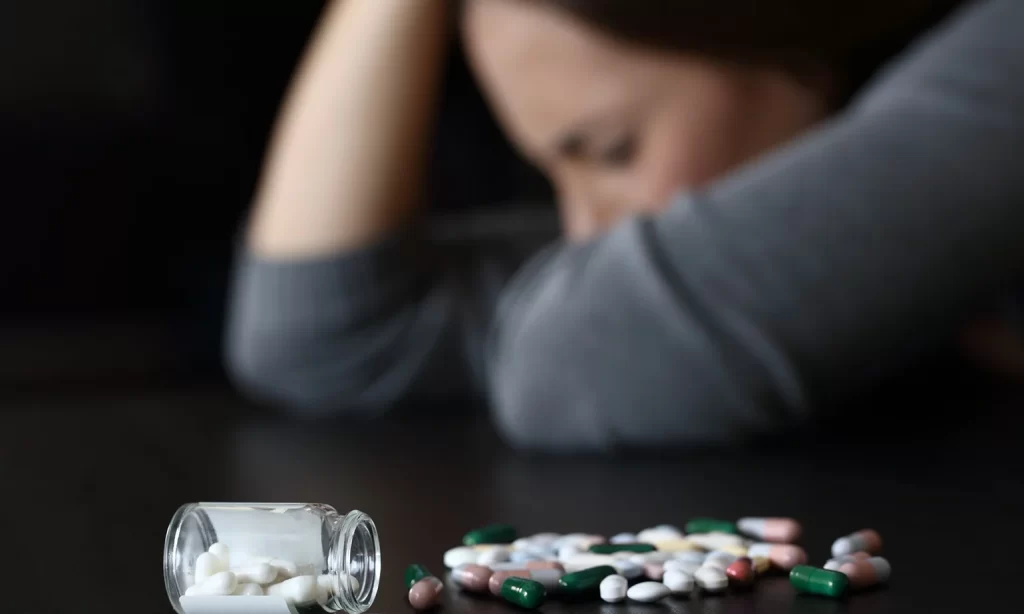It is estimated that one in four teens misuse prescription drugs at least once in their lives. This is part of a national drug problem that affects millions of people every day. While it is true that OTC drugs and prescription medications are safe, many teens are able to get high by abusing them. These drugs have been approved by the FDA, so they are safer than illicit drugs. But when teens start to abuse them, the consequences can be disastrous.
There are several factors that contribute to OTC medicine abuse. Most commonly, the medicines abused are codeine-based cough products, cough suppressants, antihistamines, decongestants, and laxatives. Nevertheless, these statistics vary by country. Some of these variations are associated with geographic and methodological factors. In Northern Ireland, the prevalence of medicine abuse was much higher than the rate of drug misuse in the United States.
Opioid abuse can result in serious physical consequences for young adults. This drug abuse can cause drastic increases in blood pressure and heart rate, and can lead to organ damage and death. In addition, abuse of prescription opioid pain killers has been linked to an increase in the use of illicit heroin. These substances are highly addictive and can lead to a lifetime of repercussions. Further, over-prescribing young adults can also result in serious financial problems.
As doctors are the front line of prevention efforts against prescription drug abuse, they need ongoing training and education to make the right decisions. Prescription drugs must be taken as prescribed to avoid overdose or addiction. When combined with other drugs, including alcohol, the risks associated with prescription drug abuse are even greater. The Pharmaceutical Research & Manufacturers of America (PhRMA) is committed to addressing this public health issue. If you or someone you know is struggling with medicine abuse, don’t let it keep them from reaching their goals. It is time to take action against the misuse of prescription drugs.
Parents and caregivers must educate their kids about medicine abuse and the importance of safeguarding the drugs. Statistics show that more than two-thirds of teens who misuse prescription drugs obtain it from friends, relatives, and acquaintances. Proper storage and disposal of medicines is an effective prevention strategy. And the best way to protect your child from medicine abuse is to talk to them about it and be vigilant about their internet usage. Don’t let them become careless with their own medicines. If they see that you’re careless with your medication, they may not either.
While OTC medicine abuse has been recognised as a global health problem, the scale of the problem remains poorly understood. Further research is needed to quantify the extent of misuse and evaluate interventions. Research and education on medicine abuse will help inform policies, regulation, and interventions. That will ultimately protect the public. And it’s important to make sure that pharmacists are doing everything they can to prevent this from happening. But it is not easy. If you’re a pharmacist, it’s crucial to know the signs and symptoms of abuse in your store.


